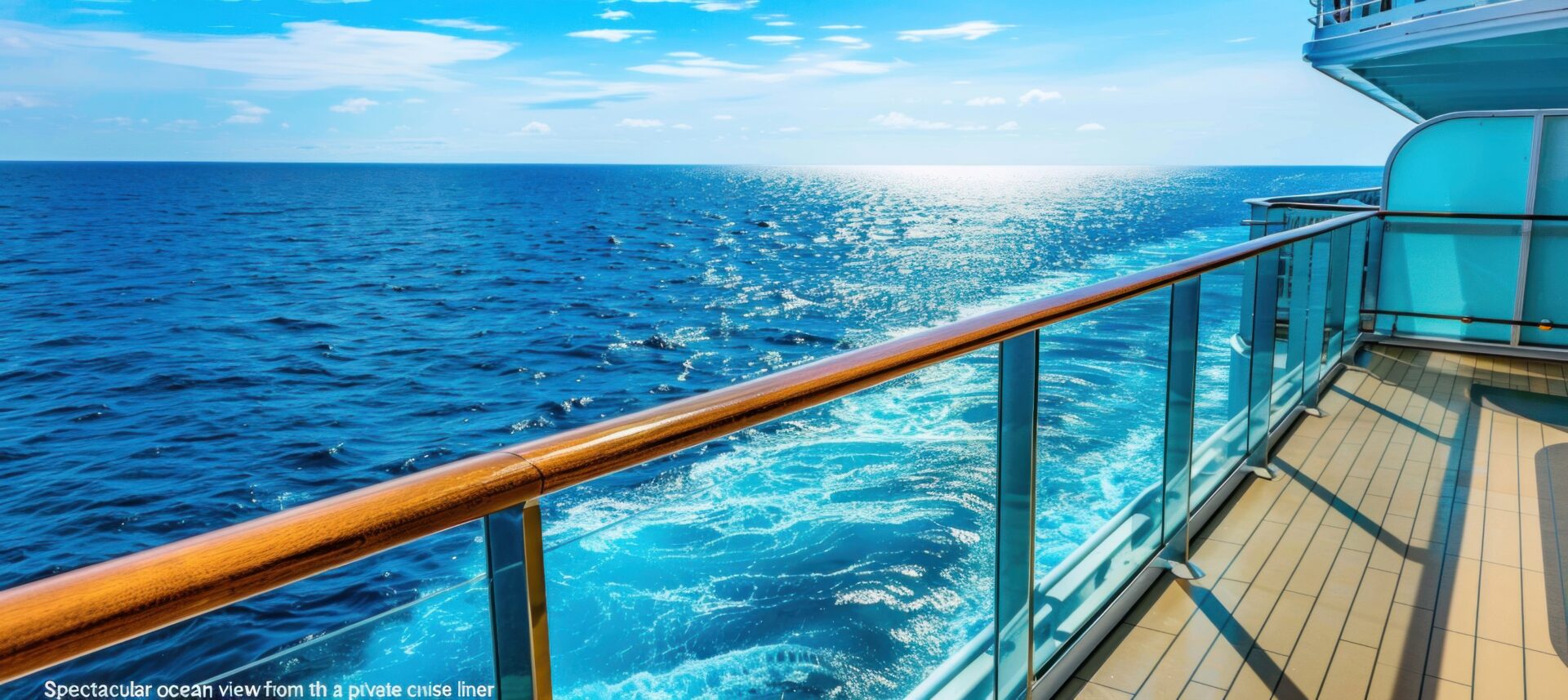Devonport, Portsmouth, Faslane, Great Harbour Greenock and Kyle of Lochalsh Serco Marine workers demand consultation over future of Royal Navy’s afloat services.
Around 300 Royal Navy tugboat and marine services crews will strike in March due to being locked out of consultations over the services they provide according to Unite.
The crews are responsible for the movement of nuclear submarines, aircraft carriers and other naval vessels in and out of ports.
The proposed service changes would impact on their ability to provide a 24-7 365-day service, including for the nuclear submarines who maintain the UK’s continuous at sea deterrent.
They are employed by Serco Marine, which is currently in talks with the Ministry of Defence (MoD) about renewing its 10-year £1.2bn contract with the Royal Navy.
Officials indicated that they want to reduce the contract by £250m, which Unite argued could affect 100 employees.
In previous contract negotiations, skippers and crews from the Royal Navy’s afloat services were involved in consultations to provide critical insight into how the service operates at sea.
A number of the affected workers transferred to Serco in 2008, following the privatisation of the Royal Maritime Auxiliary Service, and have experience ranging from 20 to 45 years.
For instance, Unite said that during current talks it was proposed that the number of tugboats used to move nuclear submarines be reduced from six to four to save costs.
The union’s workplace reps said that this would be in contravention of nuclear safety legislation.
Sharon Graham, general secretary at Unite, said: “Serco and the MoD must listen to these seasoned seafarers.
“Ignoring their expertise risks vital jobs and decades of working knowledge and endangers fleet safety.
“They have Unite’s complete backing in taking strike action.”
In addition to towing, Serco Marine staff are responsible for passenger transportation, tank cleaning and delivering fuel, water and munitions at all Royal Navy ports; they also take part in trials work and nuclear safety activities.
The workers begin working to rule and an overtime ban on 6th March.
Tug masters, boatmasters and bargemasters will take 24 hours of strike action on the same day.
On 7th March, technical managers, workshop managers, senior engineers, junior engineers, tank cleaners and technicians will take 24 hours of strike action.
On 10th March, all shore grades, office, workshop and shore staff, mates, able seaman, fuel supervisors, barge operatives and pilot boat crews will stage a further 24-hour strike.
Unite represents about half of Serco Marine’s total workforce.
Further industrial action will be scheduled if the dispute is not resolved.
John McGookin national officer at Unite said: “The strikes will cause significant disruption to the fleet but our members have no choice if they are to protect these vital services.
“There is still time to avoid industrial action, but that will require Serco Marine and the MoD engaging in meaningful consultations with the workforce over the impact of the proposed contract changes.”
A Serco spokesperson said: “It is disappointing that Unite members have decided to take strike action.
“We are continuing to have regular engagement with both Trade Unions and our priority remains to provide vital services to the Royal Navy.
“Currently, there is no change to the level of service we provide on our contract.”

















